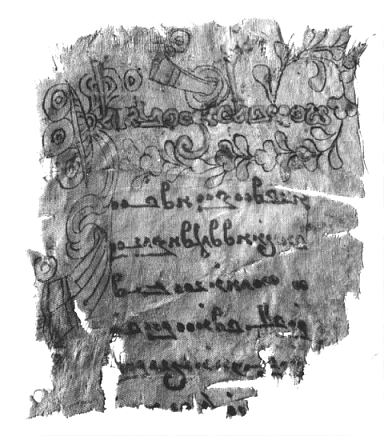
 |
Literacy and Pedagogy
English Literature 2502
University of Pittsburgh Fall 2001
Dr. Mariolina Salvatori
Office: CL 617S
Phone: 412-624-6561
Office Hours: By Appointment
Email: mrizzi@earthlink.net
This course will investigate historical, cultural, and ideological
constructions of pedagogy and the relations of its various historical and
social practices to changing views of literacy. We will read historical
documents on early, recent, and current theories and practices of pedagogy
in order to question and to understand its emergence as a discipline worthy
of university political status, its subsequent progressive marginalization,
and its current politicization in some academic contexts.
As we read these documents, we will try to foreground the specific kinds
of literacy they define and presuppose, prescribe and ascribe, so that we can
understand the epistemological and ideological assumptions in which different
conceptions of literacy are rooted and be aware of the limits and the possibilities
they set up for teaching and learning, for curriculum development, for policy
making. In other words, we will systematically and explicitly theorize, interrogate,
and complicate the relations hinted at by the and in the title
of this seminar. Though the word is small, what and how it conjoins is very
complicated.
In the past I have taught the seminar at a more advanced level. All participants
had already gone through the experience of teaching "General Writing," had already
worked their way through and with the "Teaching Seminar" and "CEAT," and had
begun developing their own courses, honing their own approaches. The different
constitution of your group will undoubtedly raise different and intriguing
sets of critical questions. Together we'll need to learn not to miss the
opportunities for reflexively examining the assumptions and conclusions that these
questions can generate.
Though in the title "literacy" precedes "pedagogy," we'll begin by reading materials
on pedagogy. (I will tell you why the title has become institutionalized as it is.)
We'll first consider pedagogy as a historical term, and will provisionally
forge or select a set of alternative terms to navigate our way through what
can otherwise be a confusing terrain. And we'll do the same with literacy.
We need to do very consciously something that always happens in any course of
study, but is not necessarily or systematically examined: we will begin by adopting
a terminology already in place, but we will try to understand
what it conveys, and we will attempt to make visible the pre-history of the terms
even as we adapt them to our needs. (Ad you read more of the assigned materials,
and as your fluency with method and materials change in the process, you'll do
well to watch and record the how, the why, and the "so what" of these changes.)
After a couple of weeks of intense scrutiny, the method will become less exacting and
obtrusive, and will produce enticing readings of the materials. And we'll go forward
from there.